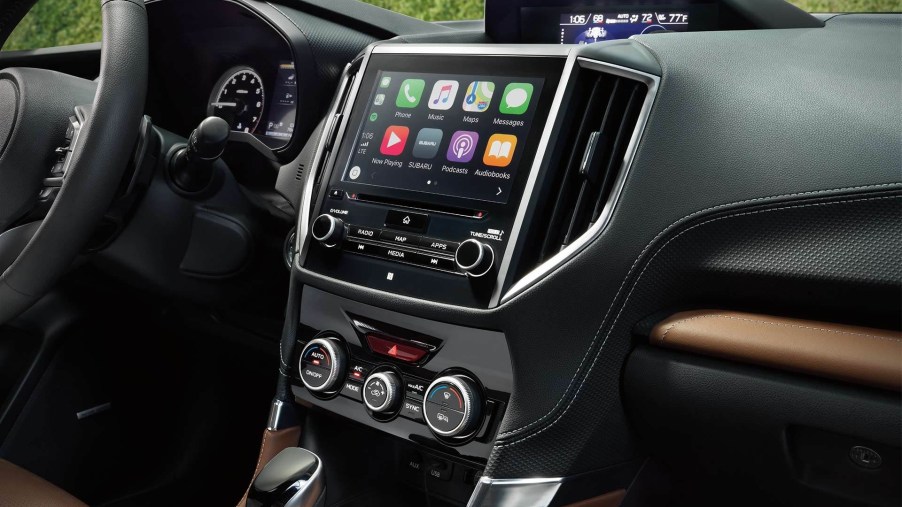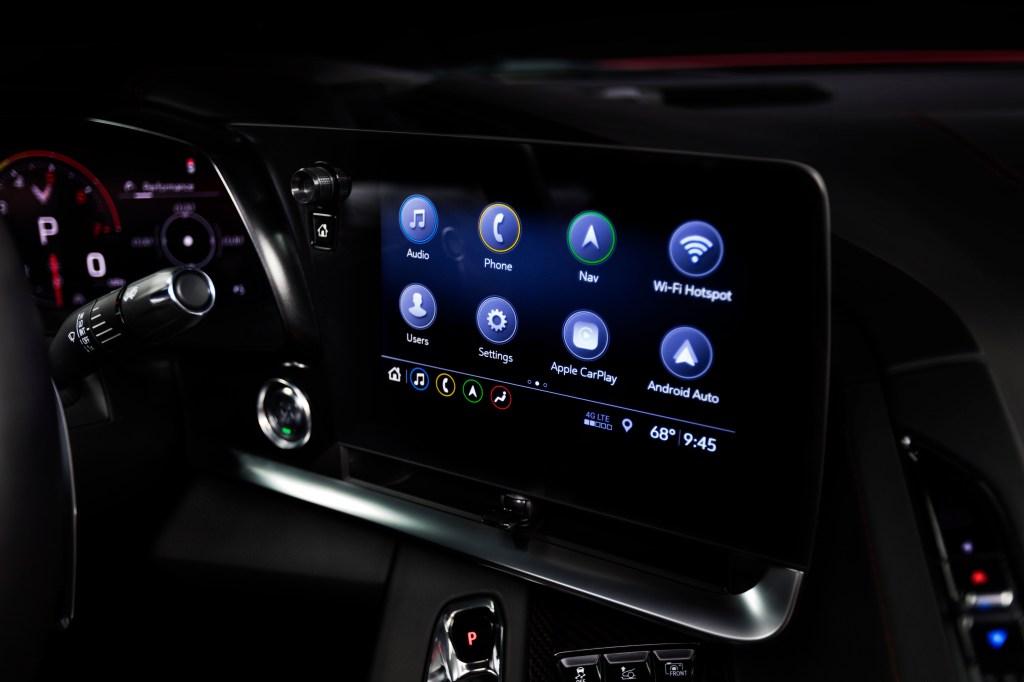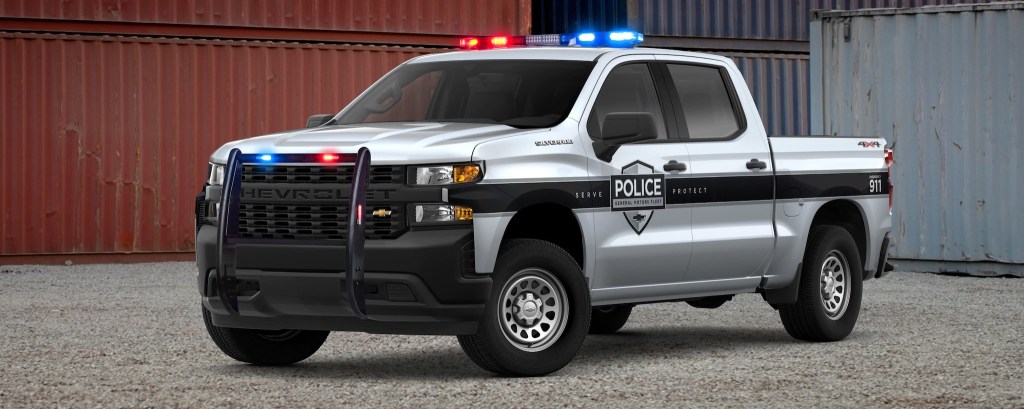
Vehicles May Be Leaking Personal or Company Data
In these modern times, almost every vehicle manufactured has multiple computers talking to each other. Most consumers understand that those computers monitor different functions and make adjustments, such as spark timing, or air/fuel mixture ratios to keep the engine running smoothly. But, what consumers may not understand is that the Ford Escape they just bought may also monitor private personal data, simply by turning the key in the ignition, or syncing a phone to an infotainment system.

The more complex an engine becomes, the more monitoring needs to be done to ensure that it operates optimally. But, it is not just engine systems. Safety systems also do a lot of monitoring. For example, some airbag sensors monitor the weight in the front seats to determine how hard they will deploy in the event of an accident. Also, Bluetooth capable infotainment systems are monitoring for nearby mobile phones to connect to. In fact, in an interview with SC Media, Brook Schaub, a certified e-discovery specialist and forensics manager with Eide Bailly, said “you’re now up to about 70 computers in each car.”
All these systems are constantly monitoring
All these systems are constantly monitoring. He gives an example,
“As you enter your car in the morning, the little ‘door ajar’ light appears on the dash. This activity is now time/date stamped in the vehicle’s computers. The vehicle is started and your cell phone automatically syncs to the infotainment system downloading your call list, music, text messages, phonebook, and documenting that it is your phone synced to the system by capturing the device ID.”
It does not end there. Schaub continues,
“As you drive down the road, you stop at a red light next to a Starbucks and the vehicle computer makes a record of the free Wi-Fi reaching out to your cell phone. When you pick up a colleague to carpool, once again data showing the passenger door ajar is now recorded. Your colleague has their cell phone’s Bluetooth enabled, so your infotainment system sees it, makes a note of it, and decides whether it should try and sync with the phone. It may even document the GPS location where the vehicle was when it recognized the Bluetooth, as well as where the vehicle was when your colleague gets out of the vehicle and the signal is lost.”
The vehicle data blows an alibi
This all may seem far fetched. But, it is not. This is life right now, not some far-out future. Schaub even cites one law enforcement case where the vehicle data provided damning evidence against an alibi. The suspect claimed he was at a cabin, where he conveniently left their cell phone. But, the suspect was not counting on the vehicle they used to show a different record of behavior.

Most vehicles today are equipped this way
A 2020 Ford Escape, for example, monitors vehicle diagnostic information as well as the use of the Android Auto, Apple Carplay, devices connected, Bluetooth and wifi connections, GPS locations, call logs, contacts, media files, text messages, and so on. But, the Ford Escape is not alone. Most vehicles today have these monitoring systems to some degree.
Some of the information monitored by a vehicle is wiped clean when devices disconnect. However, some data can still be retrieved by system manufacturers. That is where security people get nervous, especially when some of these infotainment systems that do a lot of the monitoring are made by contractors overseas. How do you trust your car with personal or corporate information? If law enforcement is using the data already over here, who else can get to it and use it?
If a consumer is doing nothing wrong, then this might not worry them. But, the privacy concerns brought forth by Schaub are valid concerns. Otherwise, the legal case he cited could not have been resolved with the truth the data represented. So, in theory, a driver’s information could be downloaded from their car and sold on the dark web. In fact, corporate espionage could also be a concern for company executives.
Even cars can expose personal data
Decades ago, these thoughts would have been dismissed as Big Brother conspiracy theories. Today, however, it is the reality that the world lives in. Personal data is stolen every day across the globe and corporate secrets also get exposed. Now, it seems, that even our cars can leak precious personal data.


